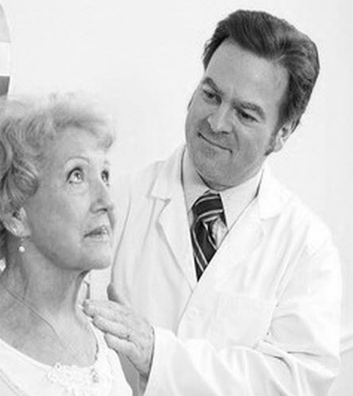Clinical pharmacists focus more on clinical work than dispensing medications compared to other pharmacists. Many work in hospital settings and visit patients along with physicians to determine the best treatment options. The role of a clinical pharmacist is essential because potent drugs have side effects that can be detrimental if the wrong dose is given.
A clinical pharmacist needs to document the amount of drugs given and the concentration of the drug in the patient to assure that enough drug is given to be effective and that not too much is given to be harmful. The clinical pharmacist also needs to know about conditions in the patient that may affect the drug level. For example, liver and kidney damage can affect the concentration of drugs in a person’s body and the pharmacist needs to determine a special dose for the unique situation. Common areas that clinical pharmacists monitor relate to anticoagulation, diabetes, hypertension, infection, oncology, and mental health.
Clinical pharmacists also check for drug interactions and the appropriateness of drug use. It isn’t uncommon for a clinical pharmacist to notice that a prescribed antibiotic isn’t effective for a particular strain of bacteria and suggest a change.
Most clinical pharmacists have a Doctor of Pharmacy (Pharm. D.) and 2 years of residency experience. Since they are experienced professionals with specialized knowledge, some clinical pharmacists are affiliated with pharmacy schools and participate in educating future pharmacists.

